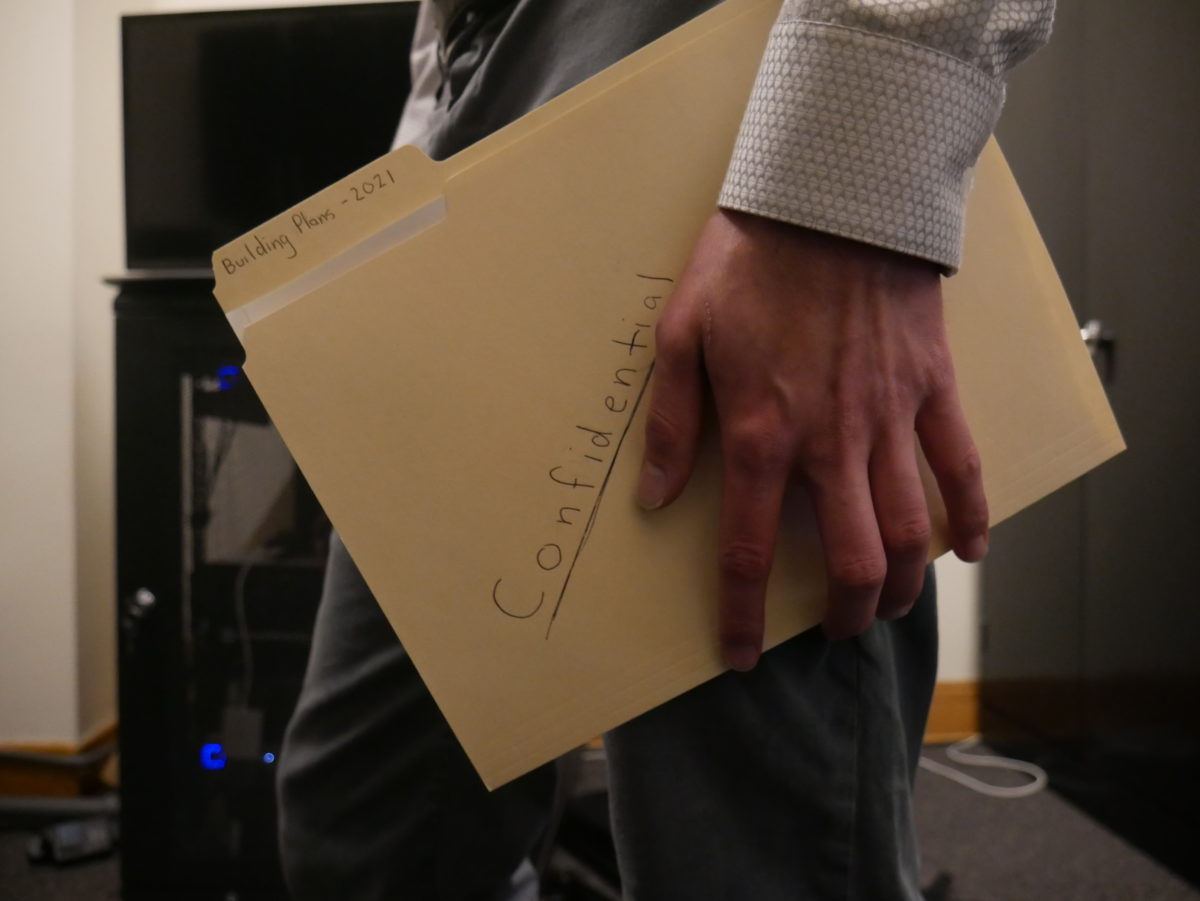How to Avoid Trade Secret Theft of Intellectual Property and Data Misappropriation?
Corporate trade secret theft of intellectual property and data misappropriation with a competitive international company. All sounds right out of a James Bond movie!
Employee Resigns but Doesn’t Tell He Will Be Working for the Competitor
In September of 2015, an employee of a metal company was caught red-handed at O’Hare International airport with his luggage filled with company documents. That employee was Robert O’Rourke. O’Rourke was unhappy working for Dura-Bar, a McHenry County metal manufacturing firm he started working for in 1984 as a metallurgical engineer and eventually became a salesperson. He accepted a new position for a Chinese competitor named Hualong as Vice President of research and development. When he resigned he didn’t tell Dura-Bar management he was going to work for Hualong company. A company that manufactures cast-iron products and is in direct competition with Dura-Bar. On his last day of work, O’Rourke goes out for drinks with some of his colleagues. He slips up and tells them he is going to work for Hualong.
Departing Employee Downloads Electronic Data and Documents Belonging to the Company.
According to evidence at trial, in late 2013, O’Rourke began several months of negotiations to take a similar job with a rival firm in Jiangsu, China. While still employed at Dura-Bar, he then downloaded electronic data and documents belonging to Dura-Bar without authorization two days before officially leaving the company. The following week, he packed up the proprietary information and went to O’Hare International Airport in Chicago to board a flight to China. Federal authorities intervened at the airport and seized the stolen trade secrets from O’Rourke before he could travel to China. Gotcha!
Employee Charged and Convicted
About four years later, in October 2019, a federal judge sentenced a 30-year employee of a McHenry County manufacturing firm to a year and a day in federal prison for stealing trade secret information while planning to work for a rival company in China.
Hire an Expert (HAE)!
Enigma Forensics has over 20 years of experience. We work with attorneys on recovering and proving trade secret theft of intellectual property and data misappropriation for their clients. Criminal acts such as these can cost companies millions of dollars to defend and recover damages. Companies need to protect themselves by setting up protocols to alert when large quantities of data are being downloaded. To further protect themselves, employers must use non-compete agreements when hiring employees that work with proprietary company information.



